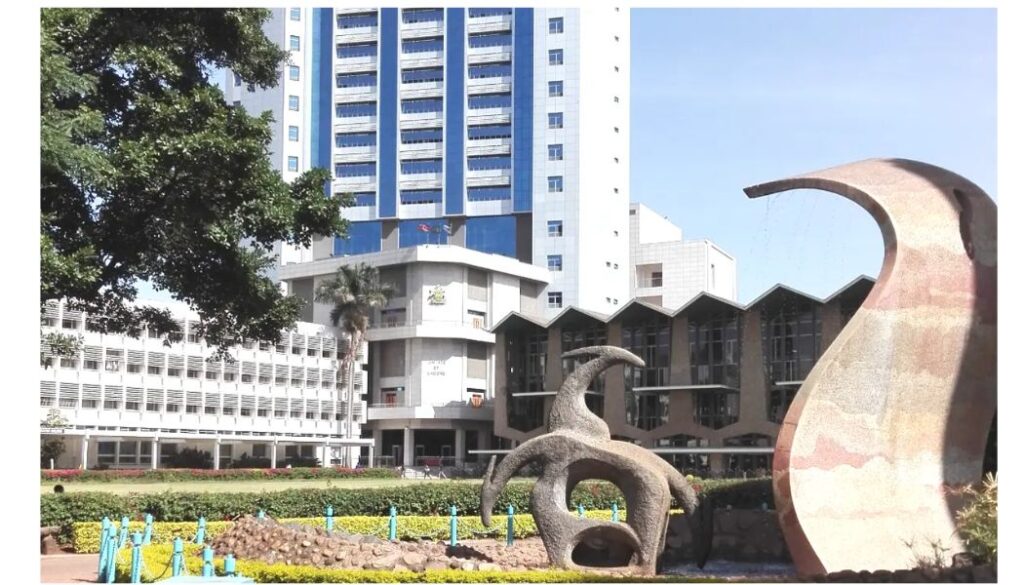Universities facing cash crisis as mass layoffs, closure of satellite campuses loom

Universities facing cash crisis as mass layoffs, closure of satellite campuses loom
The government can no longer afford to fund university education. Treasury Cabinet Secretary John Mbadi says a drastic rescue plan is now on the table.
It includes staff cuts, the sale of satellite campuses, and a controversial funding model that could lock out thousands of students from poor backgrounds.
The future of higher education in Kenya hangs by a thread, with the government admitting it is broke, leaving public universities gasping for breath under the weight of mounting debt.
Kenya’s public universities are on life support. Years of underfunding, unpaid salaries, ballooning debts, and large student numbers have pushed once-prestigious institutions to the brink.
Now, the government has formally sounded the alarm, announcing an unprecedented overhaul to salvage the system.
This resolve has sparked uncertainty among university staff countrywide, whose jobs have been placed on the chopping block.
“The Ministry of Education, in collaboration with universities, is expected to develop a comprehensive reform strategy that will ensure financial sustainability within public universities. One—restructure public universities to reduce unnecessary administrative costs and measures of staff right-sizing and outsourcing of non-core services, and rationalising satellite campuses to dispose such assets to offset pending financial obligations among others,” said CS Mbadi.
But the touted reforms will come at a steep cost for university staff. Jobs will be lost. Entire campuses shut down. And worse, the future of thousands of young Kenyans from poor backgrounds now hangs in the balance.
Mbadi bluntly declared that the government cannot and will not continue financing university education at current levels.
“For a long time, we have been living a lie in the sense that we give our children to the universities to educate for free without funding. We have to be realistic and ask ourselves, do we continue living that lie or we can do differently,” he said.
Kenya cannot sustain free education anymore, Treasury CS Mbadi declares
Government introduces changes affecting good conduct certificate processing
KANU breaks silence over viral video of Gideon Moi pledging support for Ruto government
Kenyan passport drops in global ranking
Safaricom reaches 50 million customers in Kenya
According to Mbadi, some universities are owed over Ksh.4 billion—money he says was spent educating students for free since 2016.
While admitting that the government is facing a cash crunch and unlikely to pay off that debt to universities, he also announced that the government is pushing forward with a controversial new funding model, one that shifts the burden to parents.
“This new model that was being resisted so furiously needs to be supported to succeed. Call the administrators of universities—they will tell you that this new model is helping them come out of financial distress. That is the only way. Let us not cheat ourselves as a country that we can finance fully and make university education free,” he added.
But critics say the government is simply abandoning its responsibilities and offloading the cost of education onto already overburdened families—leaving behind thousands of bright, poor students with nowhere to go.
Stakeholders argue that the apparent lack of political will and financial neglect has left public universities, once known as the engines of Kenya’s intellectual and professional growth, reduced to shells of their former glory.
Russian plane crashes in Russia’s far east, nearly 50 people on board feared dead
Former abducted Blogger Ndiangui Kinyagia claims his life is in danger
Terrorism charges are not limited to bombs and guns – DPP Ingonga
Mbale High School closed indefinitely after students unrest
Martha Karua clarifies eyeing Speaker role in 2027 opposition lineup
Follow us





